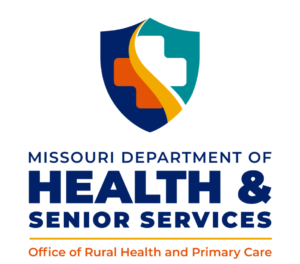January 25, 2024

HRSA Continuation Contracts for National Health Service Corps Loans – February 27
Clinicians currently serving in the National Health Service Corps can receive additional funds to repay their health professions training loans in exchange for extending their service by one year.
The Health Resource and Services Administration’s (HRSA’s) Bureau of Health Workforce announced FY24 continuous award amounts of:
- $20,000 per year for full-time clinicians
- Full-time clinical practice:
- No less than 40 hours per week
- A minimum of 45 weeks a year
- Full-time clinical practice:
- $10,000 per year for those working part-time
- Half-time clinical practice:
- A minimum of 20 hours per week (not to exceed 39 hours per week)
- A minimum of 45 weeks per year
- Half-time clinical practice:
With a continuation contract, you can extend your service by one year in exchange for an additional loan repayment award.
Prepare to Apply
- Get details on how to receive additional funding for extending your service
- Gather your documents to complete your application
When to Apply
- If your contract end dates are between April 1, 2024 – July 31, 2024
- Application cycle starts January 23, 2024 and ends February 27, 2024
- If your contract end dates are between August 1, 2024 – September 29, 2024
- Application cycle starts April 19, 2024 – May 24, 2024
Learn More






